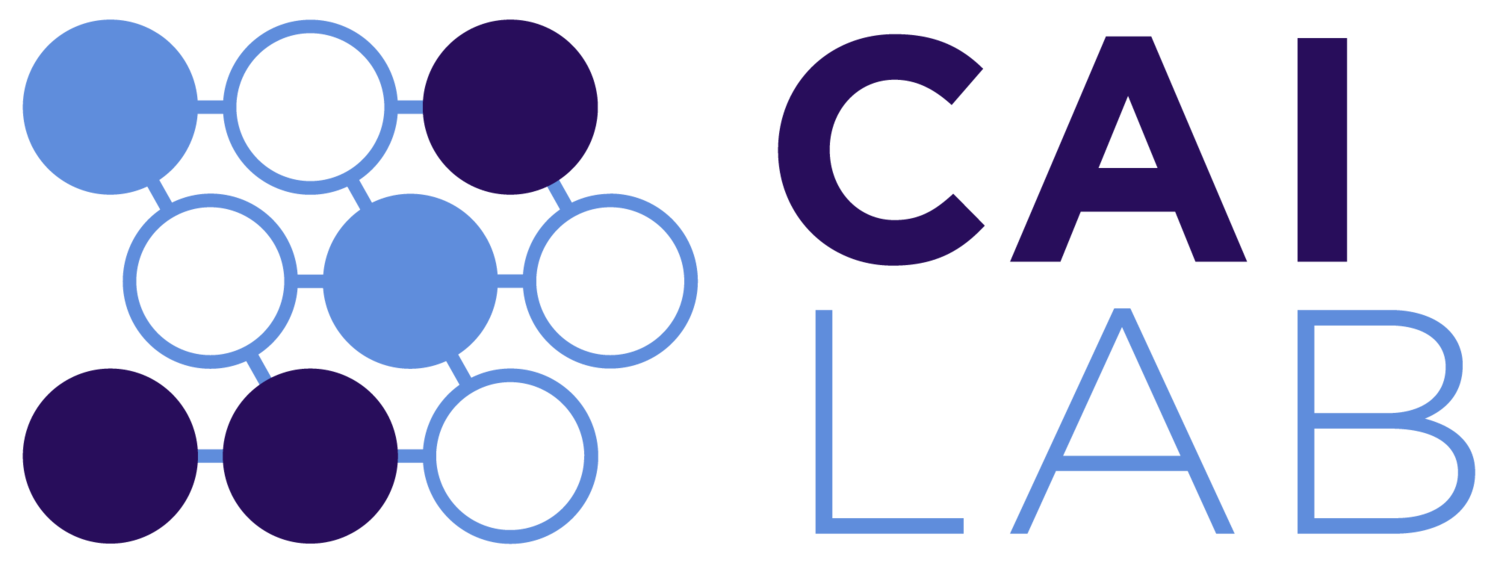Media
“We ignore public understanding of science at our peril.” - Eugenie Clark
The Cai Lab is committed to sharing the story of science. Here is a selection of media coverage, presentations, and essays that speak to our research, our individual experiences as scientists, and advancing open science.
Video & Audio
-
2023: This episode of the Max Planck Florida Institute’s Neurotransmissions podcast brings you scientific highlights from the recent Sunposium23 conference. The hosts discuss how the brain encodes memories in both a stable and flexible manner with Dr. Denise Cai, the complexity of brain-wide serotonin function with Dr. Ugur Dag, and how organoids and assembloids can help us understand human neurodevelopment with Dr. Sergiu Pasca.
-
2022: To survive and thrive in our ever-changing world, we must be able to predict the outcome of an event based on knowledge of what has happened in the past. For example, after a threatening experience, it is helpful to identify what caused the unpleasant event and assign the emotion of 'fear' to the precipitating event to help avoid similar outcomes in the future. In this talk, Dr. Denise Cai discusses how mice link fearful experiences with prior memories and its implications for anxiety-related conditions.
-
2020: In this episode of our weekly Brain Waves series, One Mind President, Brandon Staglin hosts One Mind Rising Star Awardee, Denise J. Cai, PhD, Assistant Professor in Neuroscience at Icahn School of Medicine at Mount Sinai, and Kyle Elliott MPA CHES, a life coach who has lived experience with post-traumatic stress. Dr. Cai has conducted extensive research into how memories are formed and how that process is impacted by traumatic events. Tune in to learn how Kyle and Dr. Cai’s experiences with trauma are helping them to navigate the COVID-19 crisis and establish a new normal.
-
2020: “The Allen Institute has been a leader in spearheading the open science movement,” explains Next Generation Leader Denise Cai. This movement is enabling quicker breakthroughs, technological advancements, and scientific discoveries.
-
2020: Denise Cai, winner of the Distinguished Scholar Award, discusses how she balances family care taking responsibilities and her career as a scientist.
-
2019: Dr. Denise Cai, a 2019 One Mind Rising Star Awardee, shares details about her One Mind funded research into how memories of traumatic events can be linked across time and trigger a fearful response in a safe environment. This presentation was filmed at the Scientific Symposium of One Mind’s 25th Music Festival for Brain Health held on September 14, 2019.
-
2018: In this seminar, Dr. Denise Cai will share her personal accounts in pursuing an academic path. She will discuss how she works through impostor syndrome, gender bias, post-partum depression and mommy-guilt in order to find balance in life, love and science.
-
2018: Richard and Susan Friedman Scholar: Denise Cai and Mark Baxter
-
2018: Dr. Cai’s team investigates the temporal dynamics of how memories are formed, integrated and separated. In addition, her team studies how aging contributes to cognitive decline. Her lab leverages a multi-level approach, including in vivo imaging, activity-dependent tagging, optogenetics, chemogenetics and behavioral assays.
-
2017: Next Generation Leader Denise Cai presents on “Linking memories across time” at the 2017 Allen Institute Showcase Symposium hosted by the Allen Institute for Brain Science.
Articles
Stress warps fear memories in multiple ways
The Transmitter, 2024
Grantee spotlight interview: Denise Cai, PhD
Afar, 2024
Miniature microscope records thousands of neurons in moving mice
The Transmitter, 2022
It takes a village - supporting mental and physical health
Movember, 2020
Stories of WiN: Dr. Denise Cai (En español)
Stories of WIN, 2020
Watching memories being made
Scientific American, 2018


